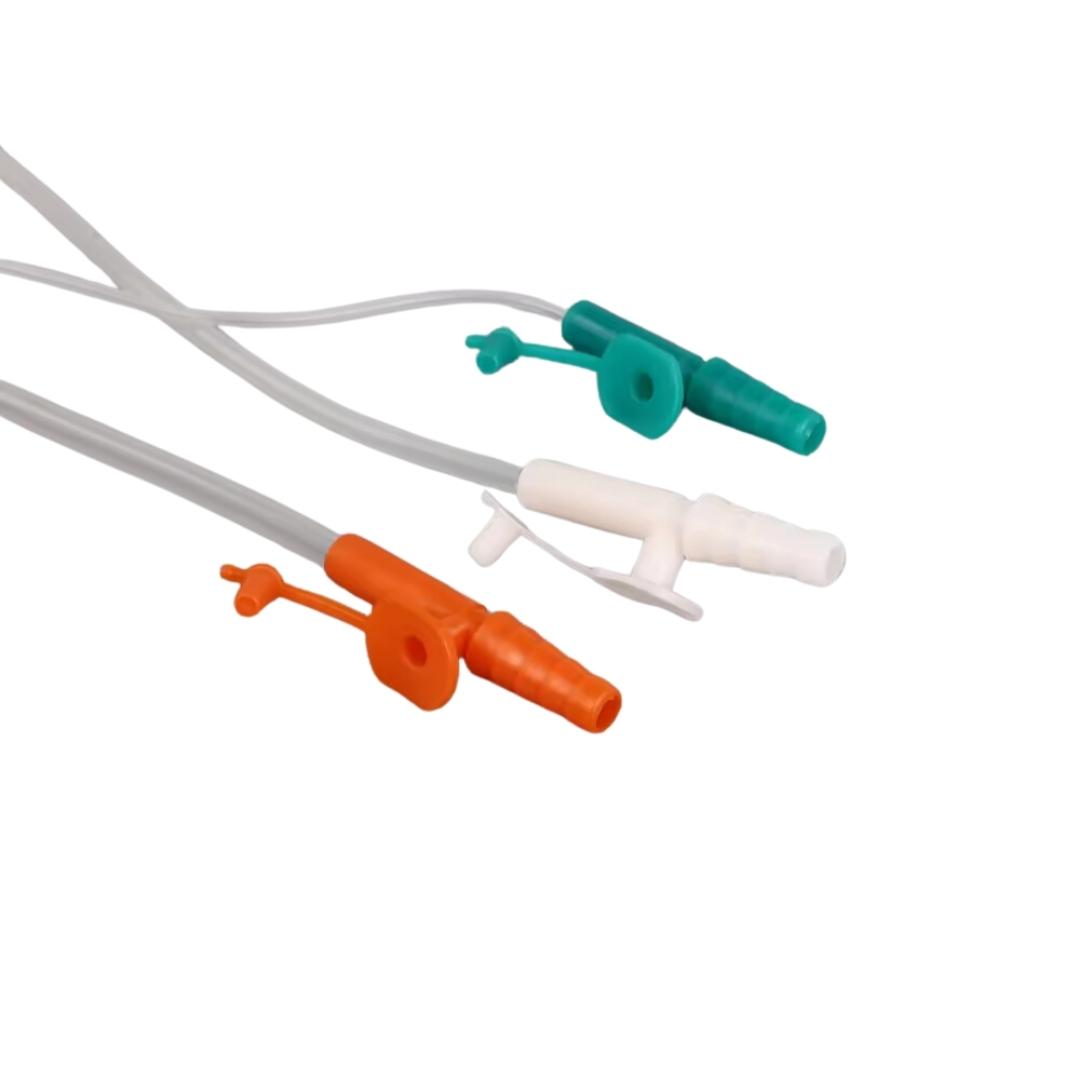Understanding Water Quality Sensors: Importance, Working, and Applications

Water quality is vital to our daily lives, affecting everything from personal health to environmental sustainability. As populations grow and industrial activities increase, clean water monitoring becomes more critical than ever. This is where water quality sensors come into play. These advanced devices help track various water parameters to ensure it is safe for consumption, usage, and ecological balance.
What is a Water Quality Sensor?
A water quality sensor is an instrument designed to measure and monitor the physical, chemical, and biological properties of water. These sensors detect pollutants, toxins, and other harmful elements, providing real-time data about the condition of the water. This technology is particularly valuable in areas where water resources are limited or where contamination is a significant concern.
How Do Water Quality Sensors Work?
Water quality sensors rely on several key technologies to provide accurate readings. Most sensors utilize electrochemical, optical, or mechanical methods to detect specific contaminants in water. For instance, pH sensors measure the acidity or alkalinity of water, while dissolved oxygen sensors monitor oxygen levels that are critical for aquatic life. Other sensors can detect levels of nutrients like nitrates and phosphates, which can indicate pollution from agricultural runoff.
Some advanced sensors combine multiple measurements in one device, offering a comprehensive picture of water quality. These sensors can transmit data wirelessly to monitoring systems, allowing for real-time analysis and quick responses to water quality changes. Additionally, many sensors are designed to be easy to use, even for non-experts, making them ideal for various industries, municipalities, and environmental monitoring programs.
The Importance of Water Quality Sensors
The importance of water quality sensors cannot be overstated, especially in an era where water pollution is a growing concern. Here are some key reasons why these sensors are indispensable:
-
Health and Safety: Contaminated water can lead to serious health issues, including gastrointestinal diseases and poisoning. Water quality sensors can detect harmful bacteria, heavy metals, and chemicals that may otherwise go unnoticed, helping prevent public health crises.
-
Environmental Protection: Polluted water affects ecosystems, harming aquatic life and disrupting natural habitats. By using sensors to monitor water bodies like rivers, lakes, and oceans, we can better understand pollution sources and take action to mitigate environmental damage.
-
Regulatory Compliance: Many industries and municipalities are required to meet specific water quality standards to comply with local or international regulations. Water quality sensors help organizations stay within compliance by providing continuous monitoring data and ensuring that water meets the necessary criteria.
-
Cost-Effective Monitoring: Traditional methods of water testing can be time-consuming and expensive. Water quality sensors provide an efficient alternative by delivering real-time, continuous monitoring. This helps reduce costs while improving accuracy and the ability to respond quickly to changing conditions.
Applications of Water Quality Sensors
Water quality sensors find applications in various sectors:
-
Municipal Water Treatment: Cities and towns use these sensors to monitor the quality of drinking water and wastewater. The sensors ensure that water treatment plants maintain proper water quality before distribution.
-
Agriculture: Farmers use sensors to monitor irrigation water and ensure that water used for crops is free from harmful contaminants. Sensors also help detect water issues like salinity or high nutrient levels.
-
Environmental Monitoring: Governments and environmental agencies use these sensors to track the health of natural water bodies. Sensors play a crucial role in detecting pollution, preventing ecosystem degradation, and supporting conservation efforts.
-
Industrial Applications: Industries such as food processing, pharmaceuticals, and manufacturing rely on water quality sensors to maintain the integrity of their water-based processes.
Conclusion
Water quality sensors are essential tools for safeguarding human health, protecting the environment, and ensuring regulatory compliance. With advances in sensor technology, these devices offer real-time monitoring, making it easier than ever to detect and address water contamination issues. As the need for clean water becomes more urgent, the role of water quality sensors in maintaining safe and sustainable water resources will only continue to grow.






